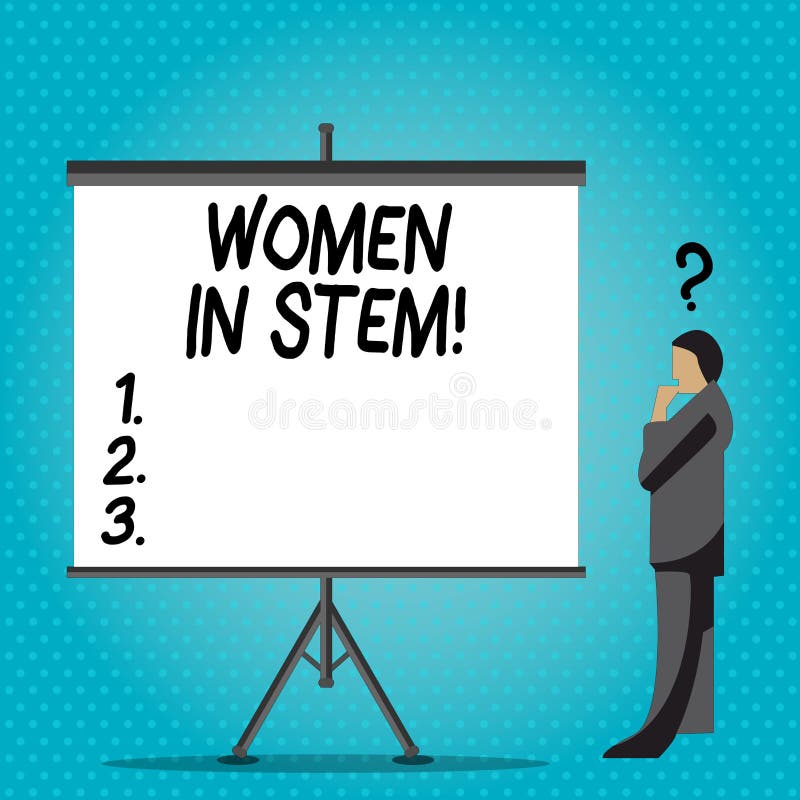

Download the Engineering Design Process Poster. Today’s children need to be problem solvers, critical thinkers, communicators and collaborators -whether preparing for STEM-related careers or to contribute as world citizens. Our STEM solutions are rooted in the Engineering Design Process so students learn to think like engineers. Discussing K-12 education without the acronym STEM (science, technology, engineering, and mathematics) playing a role has become increasingly challenging. To better prepare our next generation workforce, we infuse our concept of STEM habits of mind-problem solving skills that define success-even from the age of 3. Within digital skills, as noted above, computing science is a separate discipline and subject. Scientific definitions for stem The main, often long or slender part of a plant that usually grows upward above the ground and supports other parts, such as. Our flexible print, online and blended hands-on programs bring engineering, science and computer science together to prepare today’s students for a fast-paced, global, technology-savvy future.Ĭuriosity. knowledge and skills that are needed in data science, cyber security and coding.

Since 2003, we’ve designed our PreK-8 curricula to encourage all children, including those from underrepresented groups, to see themselves as engineers. On the other hand, courses like Humanities, Arts, Literature and Management are all categorised as non-STEM subjects. The majors include health sciences, physics, engineering and information technology. If you are looking into STEM courses for your university degree, there are a range of subjects that can match your interests, skills and career goals. STEM is an academic discipline that refers to Science, Technology, Engineering and Mathematics. Both Engineers and Scientists will have a strong knowledge of science, mathematics and technology, but Engineering students will learn to apply these principles. Working in STEM can be highly rewarding with the opportunity to be part of cutting-edge developments and research projects. EiE®, the award-winning curricula division of the Museum of Science, Boston, develops research-based, classroom-tested programs that empower children to become lifelong STEM learners and passionate problem solvers. STEM stands for science, technology, engineering and mathematics.


 0 kommentar(er)
0 kommentar(er)
